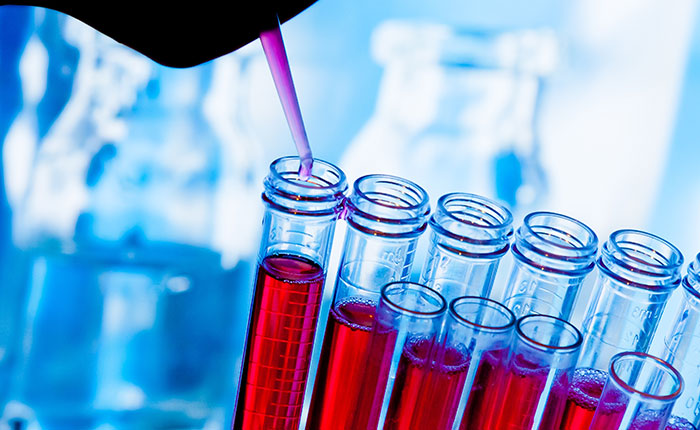The work of Professor Nigel Groome in developing novel antibodies for diagnostic testing has enabled the medical profession to make great strides in reproductive medicine and in the fight against ovarian cancer.
Clinical diagnostic tools based on his antibodies have enabled millions of women across the world to make informed life decisions, such as freezing their eggs to give themselves a better chance of getting pregnant after chemotherapy for cancer treatment, or later in life.
They have improved diagnosis of a number of conditions causing male and female infertility, and helped identify the presence of ovarian cancer, improving treatment outcomes for patients.


